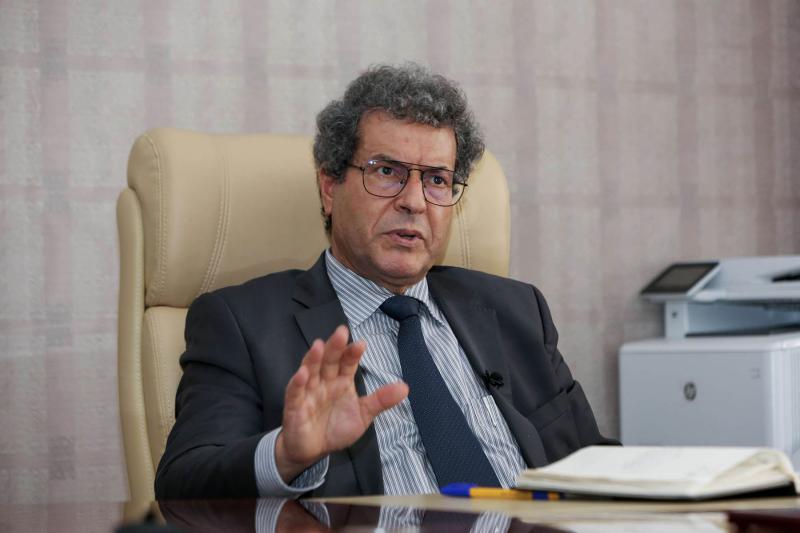Libya’s Minister of Oil and Gas, Mohammed Aoun, announced a temporary halt to his duties starting Wednesday. This decision aims to maintain stability in the oil and gas sector and prevent operational disruptions due to ongoing internal conflicts.
In a video statement, Aoun emphasized his commitment to ensuring smooth operations within Libya’s vital oil and gas sector.
He expressed concerns that internal disputes could tarnish Libya’s reputation with foreign oil entities and negatively impact national interests with international oil companies and potential investors.
Aoun’s decision follows a directive from Prime Minister Abdul Hamid Dbaiba on June 27, which appointed Deputy Minister Khalifa Abdul-Sadiq to manage the ministry’s responsibilities.
Despite Aoun’s active management of the ministry, this directive has led to further tensions.
Last Thursday, Aoun issued a statement detailing the ongoing crisis with Prime Minister Dbaiba, highlighting the latter’s disregard for Aoun’s reinstatement as minister. Aoun called for a decisive stance, urging either the correction of the situation or an official decision to remove him from his position.
Libya’s oil and gas sector is the backbone of its economy, accounting for the majority of government revenue and export earnings. The country holds the largest proven crude oil reserves in Africa, making it a critical player in the global oil market.
However, Libya’s oil industry has faced significant challenges since the 2011 uprising that ousted Muammar Gaddafi. Ongoing political instability, militia control over key oil infrastructure, and fluctuating production levels have hampered the sector’s stability and growth.
The dispute between Aoun and Dbeibeh underscores the broader political instability in Libya, currently governed by the Government of National Unity (GNU). Formed in March 2021, the GNU aimed to unify the country’s divided institutions and lead it towards national elections. However, internal conflicts and power struggles have persisted, affecting the administration’s ability to govern effectively.
Aoun’s temporary resignation is a strategic move to prevent further complications in Libya’s crucial oil sector, which remains vulnerable to the country’s political volatility.
The international community and foreign investors are closely watching these developments, as stability in Libya is pivotal for global oil markets.


